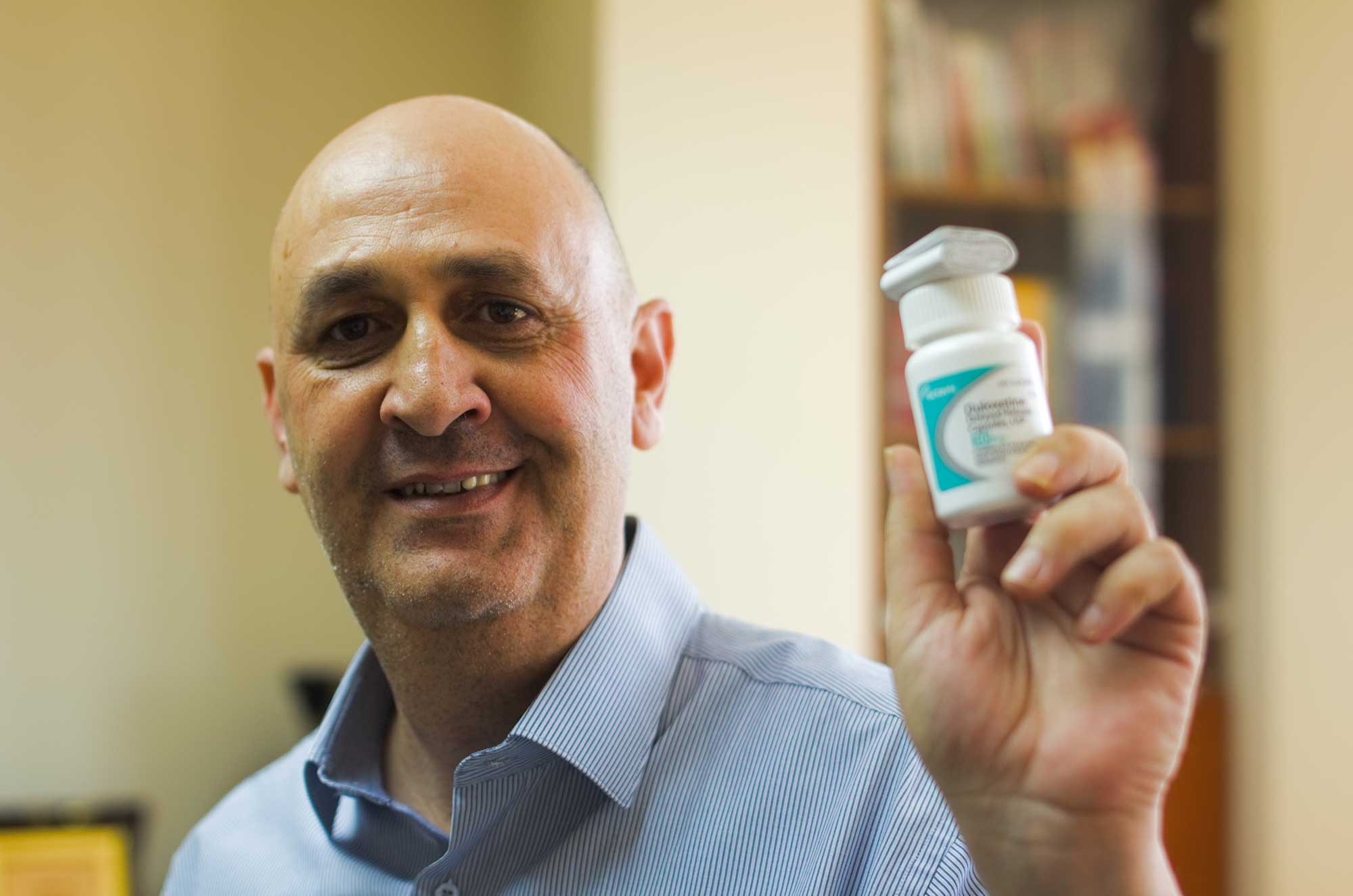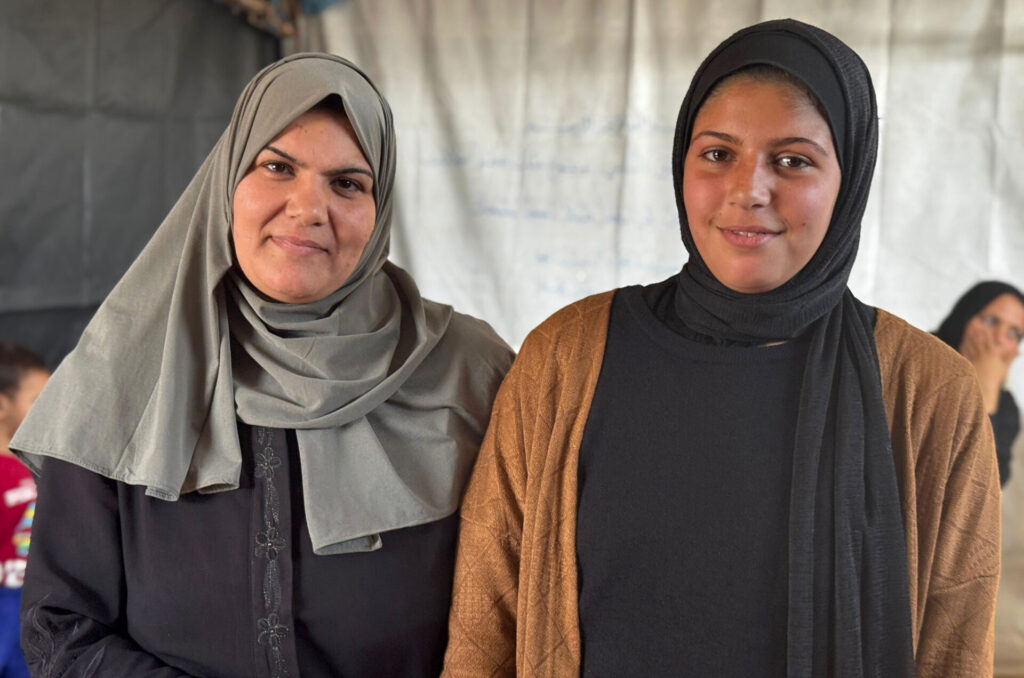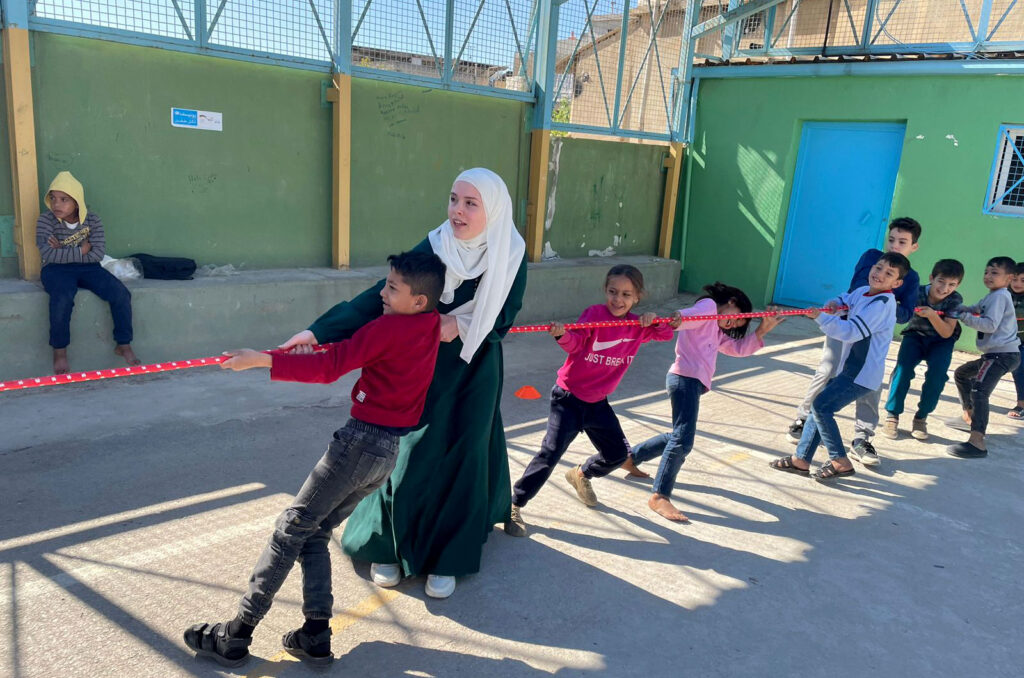Jun, 2016
Mohammad is a regular-looking 46-year-old Palestinian living in the West Bank.
A father of four and husband to a wonderful and supportive wife, Mohammad is mild-mannered and polite. He sounds and looks like the average man. Except he is not.
For 10 years, Mohammad has been crippled by bouts of major depression which leave him unable to move or carry out the simplest tasks of everyday life.
He often was unable to socialize at the most basic level with family and friends, and many times could not go to work. When his children tried to strike up a conversation with him, he could find no motivation to talk at times and guilt plagued him because of it.
“I don’t know why it happened to me,” Mohammad said as he sat in his doctor’s office.


“I don’t know why it happened to me,” Mohammad said as he sat in his doctor’s office.
Depression in Palestine is Prevalent
According to Dr. Mahmud Sehwail, Mohammad’s physician, depression is quite prevalent among Palestinians due to the difficulties they face in the climate of conflict and occupation around them. “Our center [the Treatment and Rehabilitation Center for Victims of Torture] has carried out research that showed about 25% of Palestinians suffer from depression and 38% of Palestinians display symptoms of depression,” said Dr. Sehwail. “Our research also revealed that 25% of the population suffer from PTSD.”


Like many Palestinians, Mohammad does his best to support his family and just to get on with his life. But he faces a lot of adversities, the biggest of which is his son’s imprisonment in an Israeli jail. He’s had to pay thousands of dollars in lawyer’s fees and he suffered from constant worries about son’s well-being. Mohammad’s wife could see that he couldn’t cope with it and was suffering from major depression. She searched for ways to improve her husband’s life and health and keep their family together.
She found Dr. Sehwail in Ramallah, where Mohammad got the help he needed. After examining and counseling Mohammad, the doctor prescribed Duloxetine to treat the depression.
Normally prohibitively expensive, the Duloxetine is free-of-charge to Mohammad and other patients throughout the West Bank, thanks to an Anera delivery of the medicine that was generously donated by Direct Relief. If Mohammad were to buy Duloxetine, it would cost him around $240 per month. For a father of four struggling to make ends meet, this is a huge amount of money that is better spent on bills and education fees, not medication.
Mohammad has a taste for life again. “My son was finally released from prison last month,” he said. “You can say that the train is back on track now. We are also hosting a [Ramadan] iftar this Thursday, the first we have had in a very long time. You are all welcome to join us!” Mohammad’s smile was proof of his inner peace rebuilding itself.
“But, please, if I may just add – I am very happy with this medicine. It would be a problem if it were no longer available. You have to keep delivering this medicine… ”
Learn more about Anera’s in-kind program for donated medicines>>


